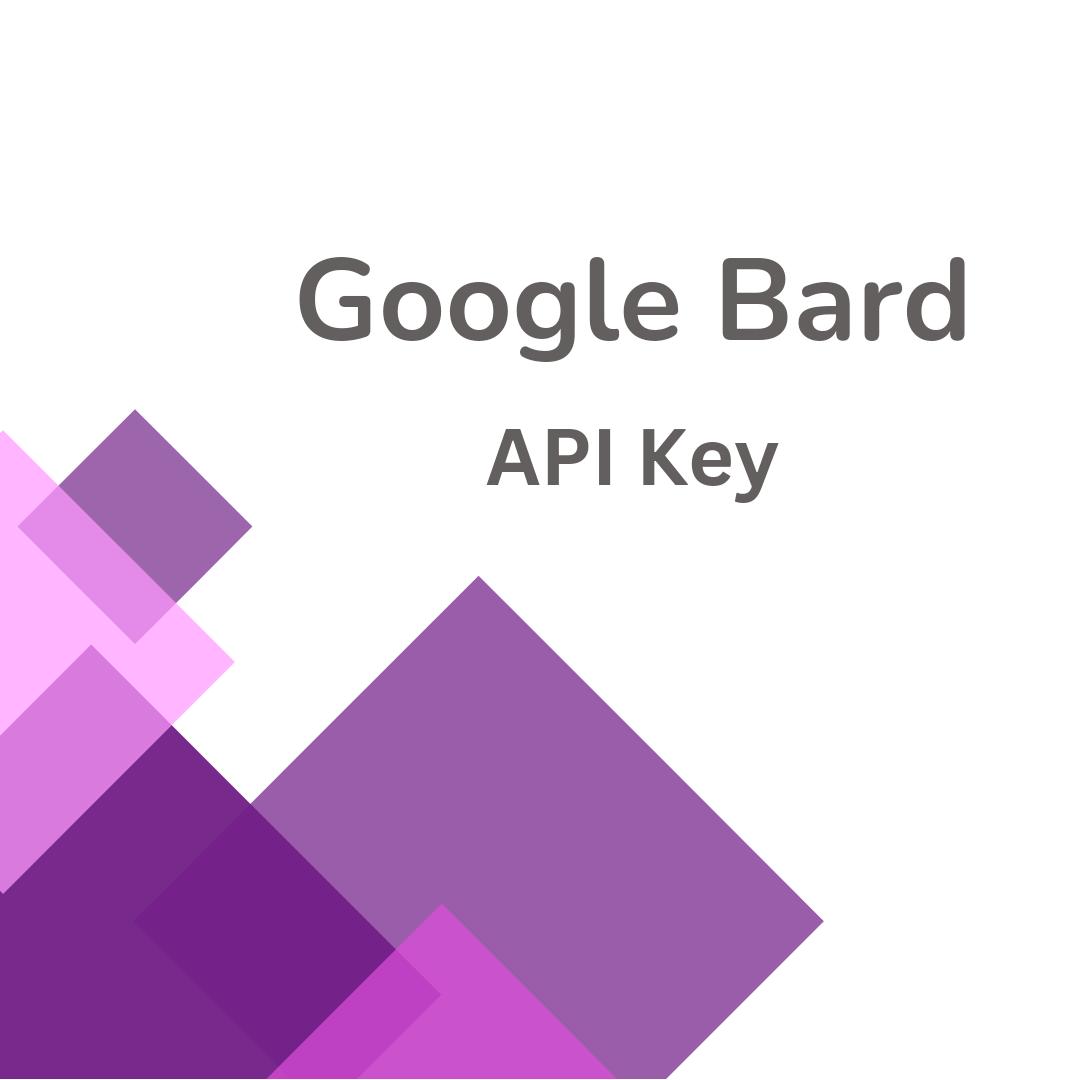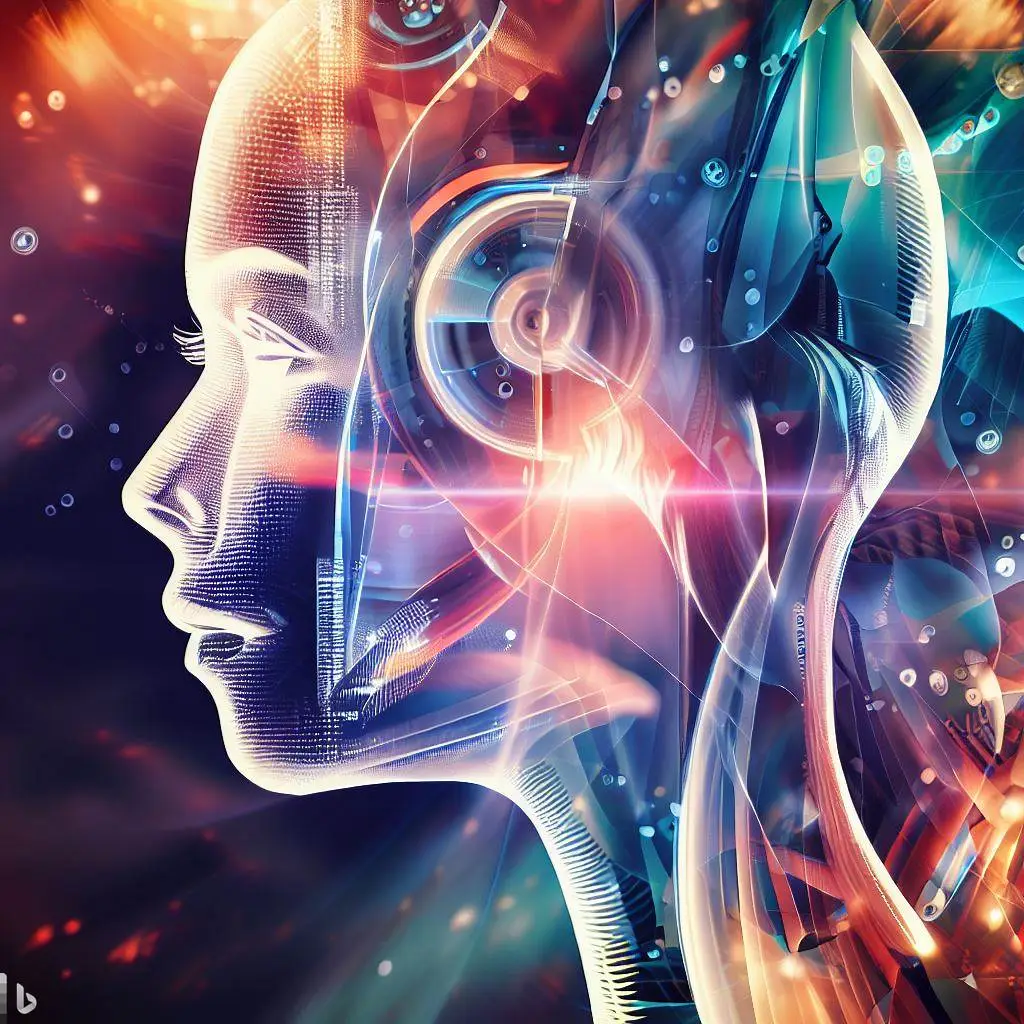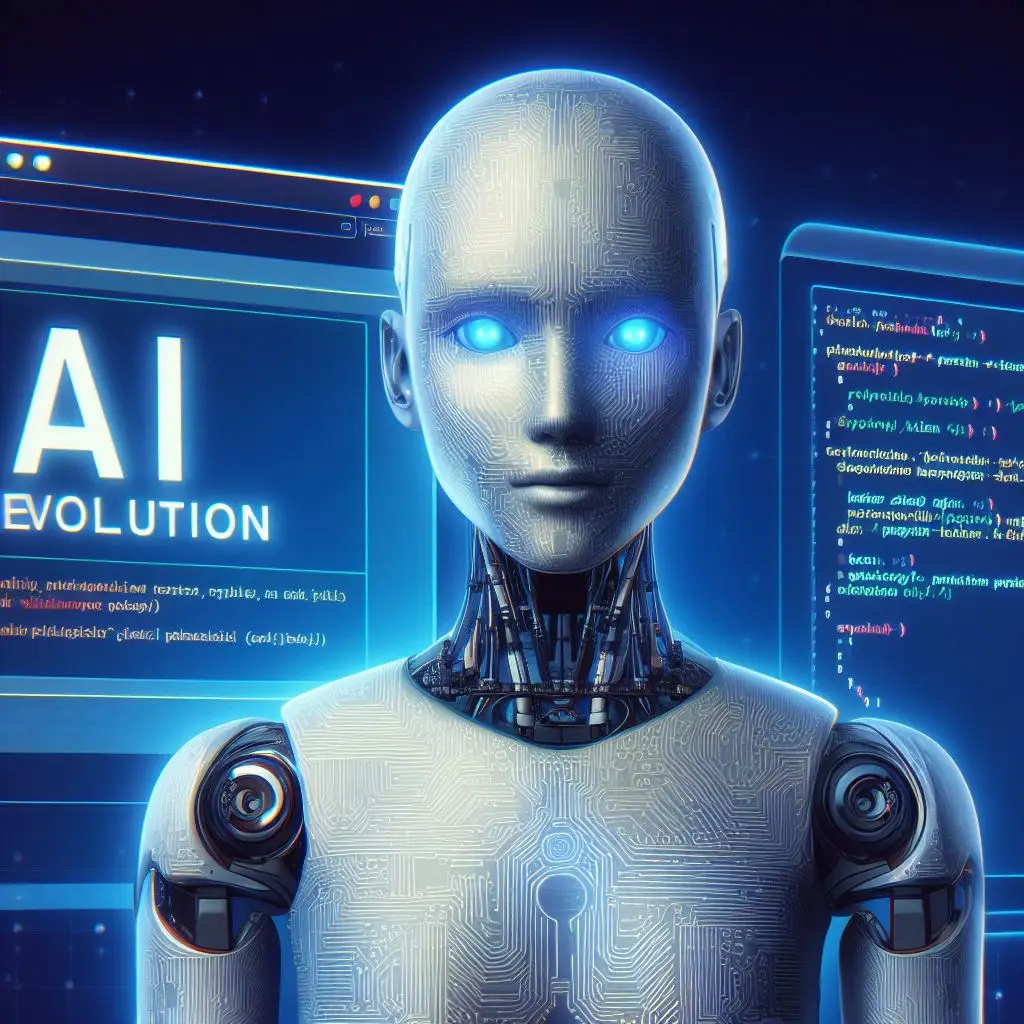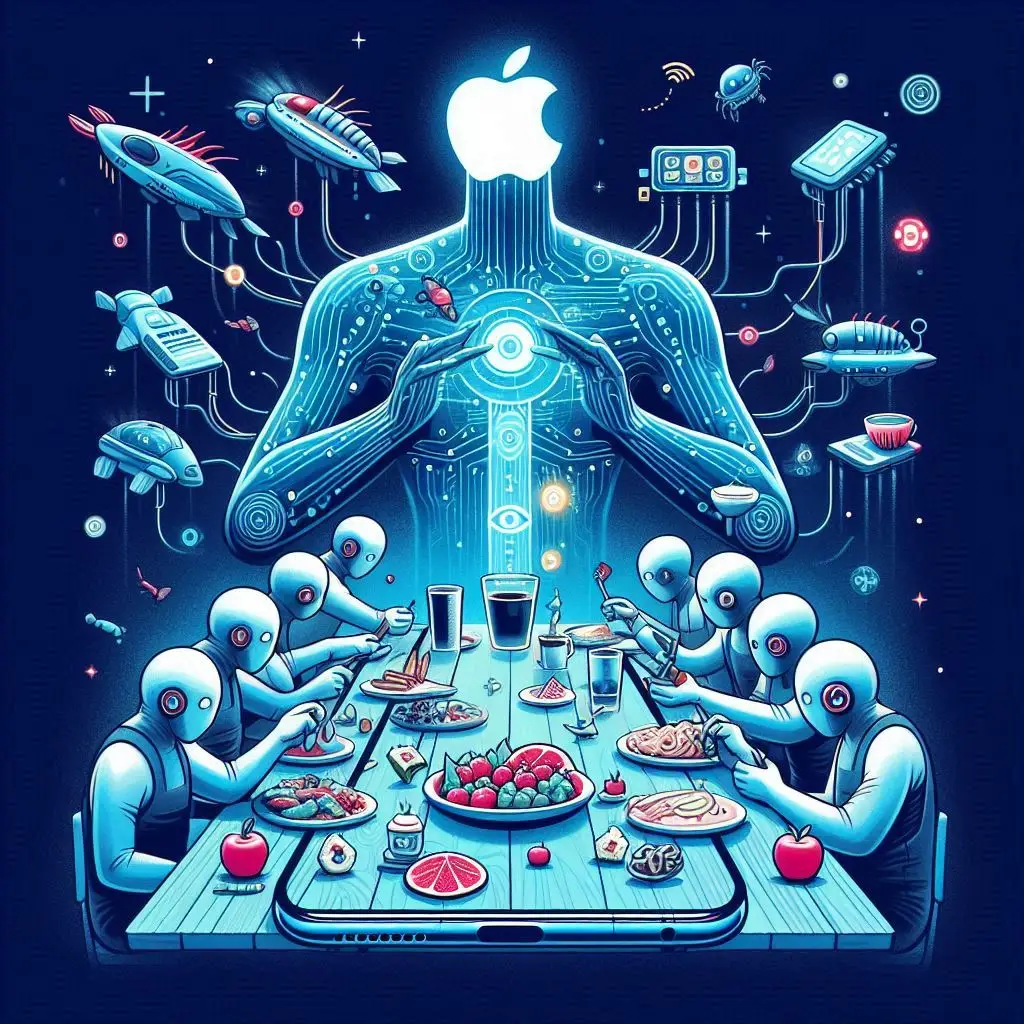Late Thursday evening, Oprah Winfrey aired a highly anticipated special titled AI and the Future of Us, diving deep into the implications of artificial intelligence on our daily lives. Featuring prominent guests such as OpenAI CEO Sam Altman, tech influencer Marques Brownlee, and FBI Director Christopher Wray, the discussion illuminated both the promises and perils of AI technology. Oprah set the tone by describing AI as something humanity must learn to live with, whether for better or worse, while the panelists explored its rapidly evolving capabilities and potential dangers.
AI: A Double-Edged Sword
Oprah began with a poignant remark: The AI genie is out of the bottle, for better or worse, emphasizing that artificial intelligence is here to stay. She expressed concerns about the unknowns surrounding this advanced technology, pointing out that while AI can be an ally, it also poses risks. The fundamental message was that humanity’s adaptability will help us navigate this new reality, but vigilance is crucial as the stakes have never been higher.
Sam Altman on AI Capabilities and Regulation
The first guest of the night, Sam Altman, head of OpenAI, discussed the learning process of current AI systems. He argued that AI isn’t just predicting data sequences but is learning the concepts within the data it processes.
However, this assertion sparked controversy. Many AI experts believe that AI lacks intentionality and that its operations are limited to recognizing statistical patterns. Although AI, including systems like OpenAI’s ChatGPT and the newly introduced o1, can make educated guesses based on data, these systems do not truly understand the underlying concepts in the way humans do.
Altman, pushed for the need for regulatory oversight. He compared the regulation of AI to safety-testing aircraft and medicines, stressing the importance of government involvement in ensuring that AI systems are developed responsibly. Curiously, despite this push for regulation, OpenAI has opposed the California AI safety bill SB 1047 source, raising questions about the company’s motivations. This legislation, backed by notable figures like Geoffrey Hinton, seeks to implement stricter safety measures in AI development.
Altman sidestepped Oprah's question on why the public should trust him as the face of AI development, reiterating that trust must be built over time.
Deepfakes and AI Disinformation
The special also addressed one of the most alarming uses of AI today: deepfakes. Marques Brownlee demonstrated how OpenAI’s new AI-powered video generator, Sora, has drastically improved the creation of realistic synthetic media. Brownlee showed a stark contrast between Sora’s capabilities and an AI system from just a few months ago, highlighting how quickly AI-generated content is becoming indistinguishable from reality.
Oprah Winfrey found the deepfake footage unsettlingly realistic, prompting a conversation with FBI Director Christopher Wray about the dangers posed by this technology. Wray recounted how AI-generated deepfakes have already been used in criminal schemes, including AI-aided sextortion. This growing threat, according to Wray, has contributed to a 178% increase in sextortion cases ESET report between 2022 and 2023. Perpetrators use AI to create compromising images and blackmail unsuspecting victims, often leading to devastating consequences.
Wray also warned about the potential for AI to manipulate information ahead of critical events like the 2024 U.S. presidential election. He stressed that bad actors are increasingly using AI-generated content to spread misinformation, especially through social media platforms. The director called for a collective effort to combat disinformation while acknowledging the severity of the situation.
The Optimistic Perspective: Bill Gates on AI’s Potential
For a more optimistic take, Microsoft founder Bill Gates shared his vision of AI as a force for good, particularly in the fields of medicine and education. He envisioned AI as an essential tool in healthcare, improving both patient-doctor interactions and clinical outcomes. Gates predicted that AI-powered systems would streamline tasks such as medical transcription and prescription suggestions, allowing doctors to focus more on patient care.
Gates’ perspective wasn’t without its caveats. Critics argue that AI systems often suffer from bias, especially when trained on flawed or incomplete datasets. For example, research has shown that speech recognition technology can misinterpret Black voices at twice the rate of white voices Stanford study, leading to disparities in care and reinforcing harmful stereotypes. Gates, however, did not address these concerns in detail.
Gates also highlighted AI's potential in the classroom, describing it as an always available tutor that adapts to each student’s unique learning level. But while this seems promising, many schools have expressed reservations about AI's role in education. Last summer, numerous institutions banned ChatGPT OpenAI blog due to concerns over plagiarism and misinformation, only to lift some of those restrictions later as AI continued to prove itself useful in specific learning contexts.
AI Regulation: Navigating the Future
The special ended with a focus on the pressing need for AI regulation. As AI continues to advance at an unprecedented rate, many experts, including those who participated in Oprah’s special, agree that government oversight is necessary to safeguard against potential risks. From the manipulation of information to the exploitation of individuals, AI has the capacity to cause harm if left unchecked.
While Sam Altman emphasized the need for regulatory frameworks, his opposition to certain legislative efforts like SB 1047 casts doubt on how committed major AI companies are to creating a safer AI landscape. Meanwhile, voices like Bill Gates offer a more optimistic vision of how AI can enhance human capabilities, particularly in critical sectors like healthcare and education.
Conclusion: Balancing AI's Promise and Peril
Oprah Winfrey’s AI and the Future of Us special provided a comprehensive look at how AI is reshaping our world — for better and for worse. While AI holds the promise of revolutionizing fields like medicine, education, and technology, the discussion also underscored the unintended consequences of its rapid development. As AI continues to evolve, it is essential to approach it with caution and regulation, ensuring that its benefits are maximized while its risks are carefully managed.
With AI playing an increasingly significant role in shaping the future, it is clear that society must adapt to this new reality while maintaining a sharp focus on ethical development and responsible use.









Add a Comment: